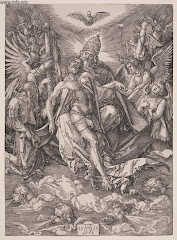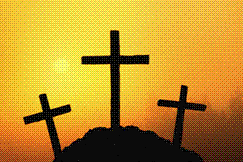
Today we celebrated the Transfiguration of the Lord.
O God, in the glorious transfiguration of Your beloved Son You confirmed the mysteries of the faith by the testimony of Moses and Elijah. In the voice that came from the bright cloud You wonderfully foreshowed our adoption by grace. Mercifully make us co-heirs with the King in His glory and bring us to the fullness of our inheritance in heaven; through the same Jesus Christ, our Lord, who lives and reigns with You and the Holy Spirit, one God, now and forever.
Amen
Matthew 17
The Transfiguration
1After six days Jesus took with him Peter, James and John the brother of James, and led them up a high mountain by themselves. 2There he was transfigured before them. His face shone like the sun, and his clothes became as white as the light. 3Just then there appeared before them Moses and Elijah, talking with Jesus.
4Peter said to Jesus, "Lord, it is good for us to be here. If you wish, I will put up three shelters—one for you, one for Moses and one for Elijah."
5While he was still speaking, a bright cloud enveloped them, and a voice from the cloud said, "This is my Son, whom I love; with him I am well pleased. Listen to him!"
6When the disciples heard this, they fell facedown to the ground, terrified. 7But Jesus came and touched them. "Get up," he said. "Don't be afraid." 8When they looked up, they saw no one except Jesus.
9As they were coming down the mountain, Jesus instructed them, "Don't tell anyone what you have seen, until the Son of Man has been raised from the dead."
10The disciples asked him, "Why then do the teachers of the law say that Elijah must come first?"
11Jesus replied, "To be sure, Elijah comes and will restore all things. 12But I tell you, Elijah has already come, and they did not recognize him, but have done to him everything they wished. In the same way the Son of Man is going to suffer at their hands." 13Then the disciples understood that he was talking to them about John the Baptist.










